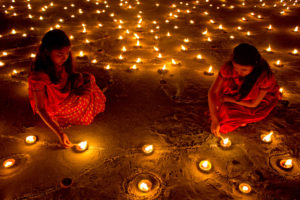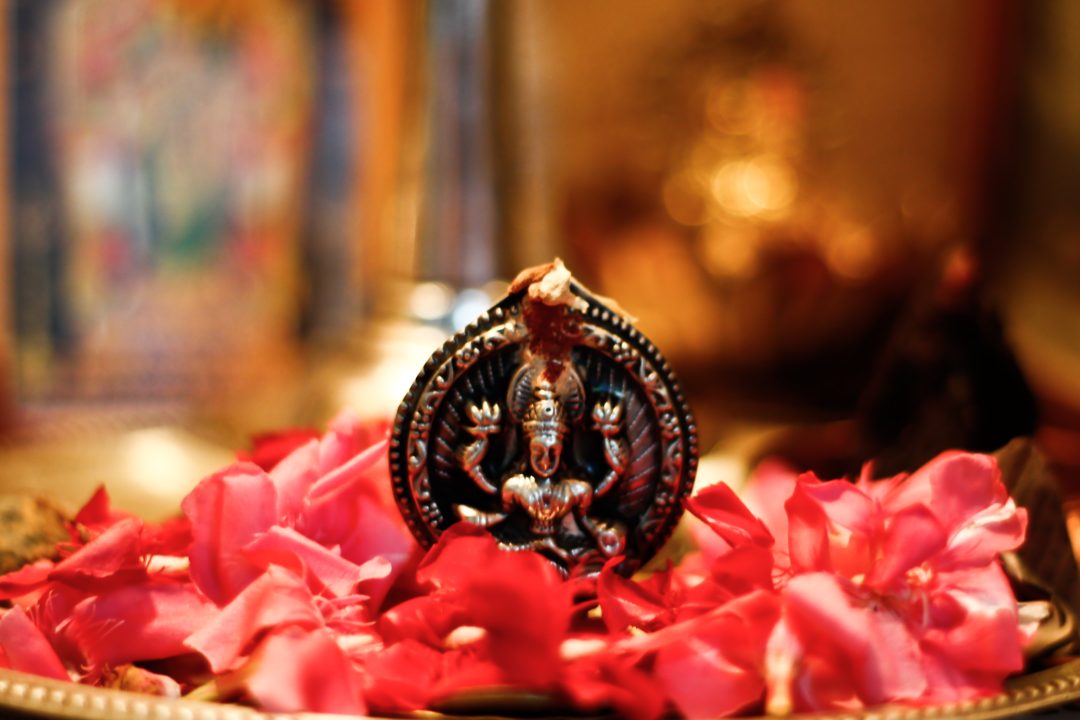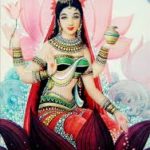Diwali is a festival, an incarnation of almighty in its various forms. Goddess Laksmi is one of them. She is worshipped, loved and earnestly prayed on the third day of the Diwali. She is the messenger of wealth and prosperity. Just like the divine angels, she is draped in a red saree, gold ornaments, and red vermilion.
Goddess Lakshmi:
Goddess Laksmi, is the culmination of women empowerment in the so-called male chauvinistic Hindu environment. She is also considered as the centrum of God Vishnu’s power. Lakshmi is the wife of Lord Vishnu and his various incarnations. Like for Ram she was Sita, for Krishna she was Rukmini and for Venkateshwara as Padmavati. Lakshmi also had s son named Kama. She is also known as the daughter of the milky ocean, as she evolved from it while Gods and demons were fighting over the pot of nectar.
Significance of Goddess Lakshmi:
Goddess Lakshmi epitomizes wealth, fortune, prosperity and fame. According to Vedic astrology, she is empowered to bless the Hindu household. She is the Maa (mother), who purifies every home into a temple.
 Her presence meant good health and good fortune in Hindu families.
Her presence meant good health and good fortune in Hindu families.
Almost every Hindu household, especially women, pray to her, worship her on every Thursday. Mythology depicts that after worship, Hindu women get the vitality and confidence to fight her battle in life. She gets the courage to protect her family through thick and thin.
Rituals:
Preparations begin from the early morning. Houses are cleaned and washed. Goddess Lakshmi is said to be particular about the cleanliness of the home. She revokes from entering dirty and loitered homes. Then houses are adorned in golden colored motifs, garnished in flowers. Hindu women paint beautiful Alpana (paints) on their doorsteps with rice powder and milk, to welcome the lady of wealth and fate.
The temples are also decorated with lots of candles and light florets. The Brahmin performs the puja of Maa Lakshmi and her other forms of Maa Kali, Maha Laksmi, and Saraswati.
Lakshmi Puja in Diwali:
Laksmi Puja falls on the Amavasya (new moon). She is worshipped in the dark night, adorned with lamps and candles. The chain of lights carve out a pathway for the Goddess, so she finds her way out to reach the house of her devotees.
Goddess Laksmi may be the Goddess of wealth, but she is worshipped in unison irrespective of caste, creed, rich or poor. Devotees welcome her with folded hands and a pinch of haldi and vermilion. They shower flowers in her grace and chant mantras to solicit her presence in their lives.
Source:






